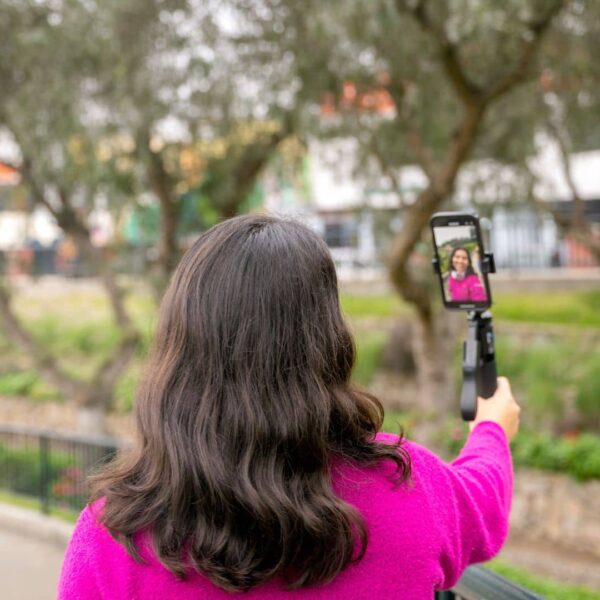SmartSocks, socks that detect distress in people with dementia

SmartSocks, socks that detect distress in people with dementia
Milbotix

Smart socks that enable the detection of risk situations in people with dementia
According to WHO data from 2023, more than 55 million people worldwide have dementia, with over 60% living in low- and middle-income countries. Annually, there are nearly ten million new cases. Additionally, dementia is the seventh leading cause of death globally and one of the main causes of dependency and disability among the elderly.
SmartSocks are intelligent socks that provide information about the condition of patients with dementia, but also with other conditions such as autism spectrum disorder and various intellectual disabilities. The sensor is embedded in discreet and comfortable socks that can be machine-washed, and it collects physiological data such as heart rate, movement, or anxiety. This way, caregivers receive alerts that allow them to intervene more quickly and prevent undesirable situations.
By scanning the QR code on the SmartSocks, the socks connect via Wi-Fi to the Milbotix app, which uses artificial intelligence to detect patterns and anomalies and alert caregivers before a risk situation occurs. These intelligent socks allow for the remote identification of cognitive changes in patients, a very useful feature for professionals in care homes and also allows extending the stay of people with dementia in their own homes before admitting them to a facility.
Characteristics of innovation
Localization
Bristol, United Kingdom
Partners / Funders
University of Exeter, NIHR Exeter Biomedical Research Centre, Care Research and Technology Centre of the UK Dementia Research Institute (UK DRI) at Imperial College London, Innovate UK, Alzheimer’s Society
Genesis
Dr. Zeke Steer, creator of SmartSocks, experienced firsthand the dementia of his great-grandmother and the various episodes of distress she suffered. After volunteering at a care home, he identified that these episodes were not an isolated occurrence with his great-grandmother but were common in most dementia cases. These situations led him to develop a way to detect crises in patients early.
Thus, he began working at the Bristol Robotics Laboratory as a PhD student to find an innovative solution, as most devices monitoring users until then were wristbands, which stigmatized patients and, in some cases, caused them more anxiety. Socks proved to be a more suitable alternative, and Dr. Steer decided to start the company Milbotix in February 2020 and bring SmartSocks to life.
Level of implementation
SmartSocks has received the Santander X Accelerate Award, the Future Technologies Award, the AbilityNet Tech4Good Ageing Society Award, and the Medilink South West Start-Up Award.

Banc d’innovacions






